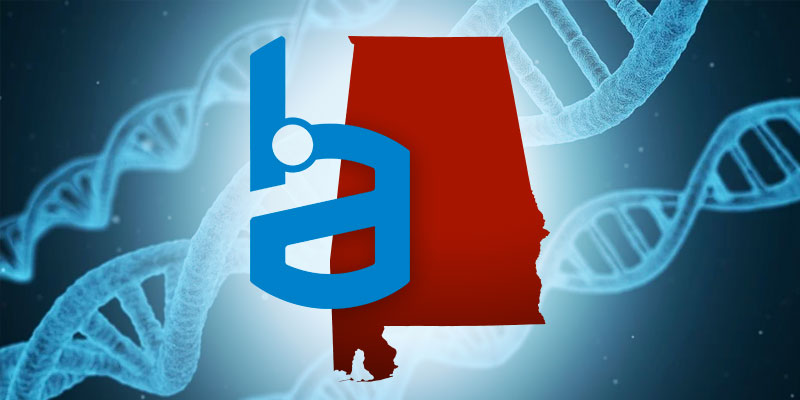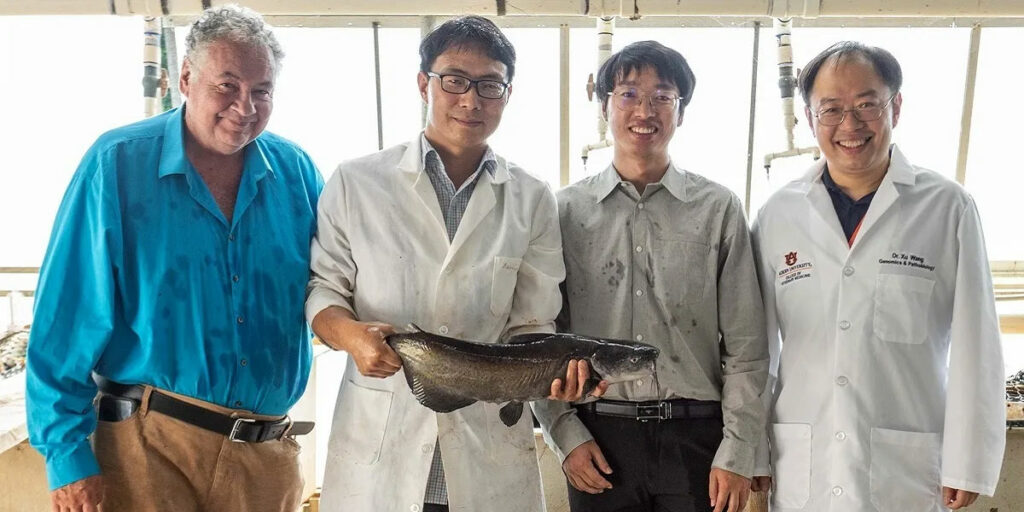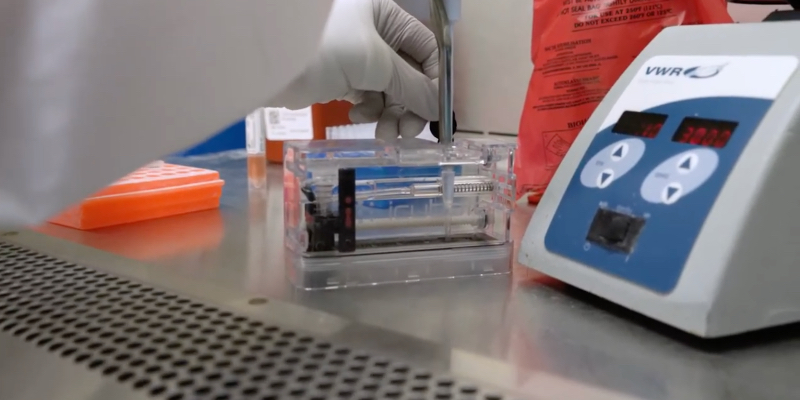Scientists at the HudsonAlpha Institute for Biotechnology in Huntsville have made more progress in their research of the human genome.
Researchers working in the Myers and Mendenhall labs have zeroed in on the science of “transcription factor proteins” that bind to DNA and essentially serve as on/off switches for genes.
They, along with collaborators from CalTech, Penn State and Uc Irvine, recently published the results from the largest study of transcription factors yet completed.
According to a release from HudsonAlpha, the team was “able to identify novel associations between transcription factors, elaborate on their spatial interactions on DNA, and distinguish between those that interact with promoters and those that interact with enhancers in the genome.”
“Understanding the genomic targets of transcription factors is vitally important to understand many aspects of biology, including gene regulation, development, and to help identify the biological mechanisms of many diseases and disorders,” said Chris Partridge, Ph.D., senior scientist at HudsonAlpha and co-first author of the study, along with Ph.D. student Surya Chetri.
Hudson Alpha and its collaborators have been part of what is named ENCODE project that is now in its third phase. Project ENCODE began in 2003.
“One thing we learned working on the Human Genome Project is that huge endeavors like the ENCODE Project work much more efficiently when research groups coordinate their efforts, particularly because ENCODE’s charge is to generate a resource of data, materials and results that are meant to be used by the entire research and biomedical community,” advised Rick Myers, Ph.D., president, science director, and M. A. Loya chair in Genomics at HudsonAlpha.
“Another thing we recognized early on is that making the data freely available to everyone on a weekly basis, prior to publication and with no strings attached, allows researchers everywhere to make advances in their research much faster than would otherwise be possible,” he added.
The full findings can be read in the scientific journal Nature.
Henry Thornton is a staff writer for Yellowhammer News. You can contact him by email: [email protected] or on Twitter @HenryThornton95













